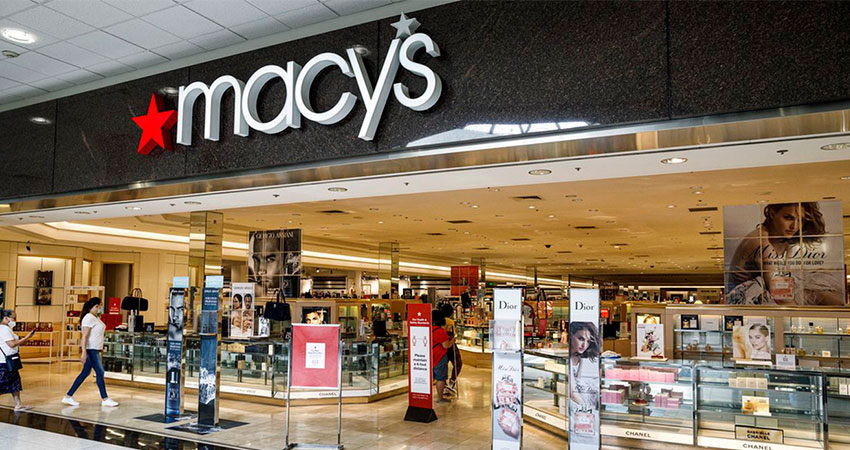Breaking up is hard to do, which department store stalwart Macy’s is discovering as it wrestles with how best to split up its store and online businesses, a bit trickier than the same move by Saks Fifth Avenue, according to a report in Reuters.
While Saks has just 40 retail stores, making its ecommerce business less dependent on it for success, Macy’s has a fleet of 800 doors and its online side relies heavily on them for order fulfillment including store pickup and local delivery. It closed 125 stores last year and laid off 2,000 corporate staff as part of a right-sizing and realignment plan.
Kohl’s, one of Macy’s main competitors in the second-tier department store space, is facing its own issues with an activist investor push to split apart digital and physical businesses, the Wall Street Journal reports.
Consulting firm AlixPartners is working with Macy’s to help it best determine the best path toward breaking apart its retail and digital businesses into independent units. Activist hedge fund investor Jana Partners has said the ecommerce unit alone could be worth $14 billion, compared to the entire company’s current market capitalization of $8 billion. AlixPartners also advised Saks parent HBC on its physical/digital split.
Macy’s decision is complicated by the fact that its ecommerce sales are 2-3x higher per capita where there is a concentration of stores, Reuters reported, which would make a split more problematic on both sides.
Further complicating matters is the types and terms of agreements that would have to be put in place between the retail business and the ecommerce business that relies upon its inventory, which would likely cut into profitability, especially after store locations close, Cowen analysts found.
A year ago, former Macy’s China EVP Dustin Jones was a co-founder of retail acquisition and advisory concern Unified Commerce Group (UCG), with former Macy’s CEO Terry Lundgren sitting on its board. Its first acquisition at launch was Canadian apparel brand Frank and Oak, which it followed up with UK designer handbag maker Radley, Singapore-based apparel brand Lisa Von Tang and luxury children’s fashion seller Velveteen.

